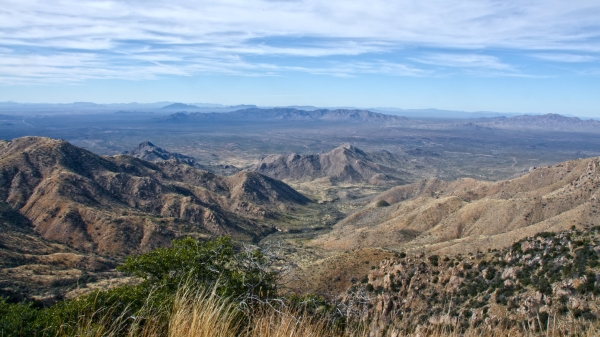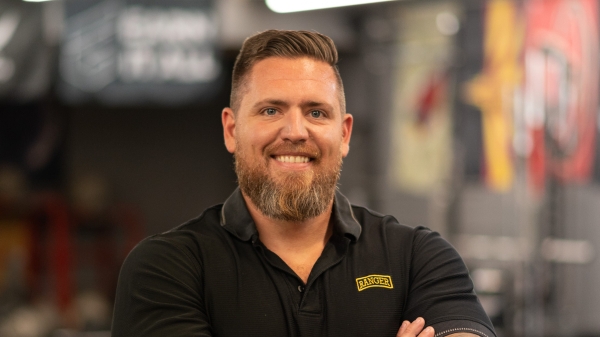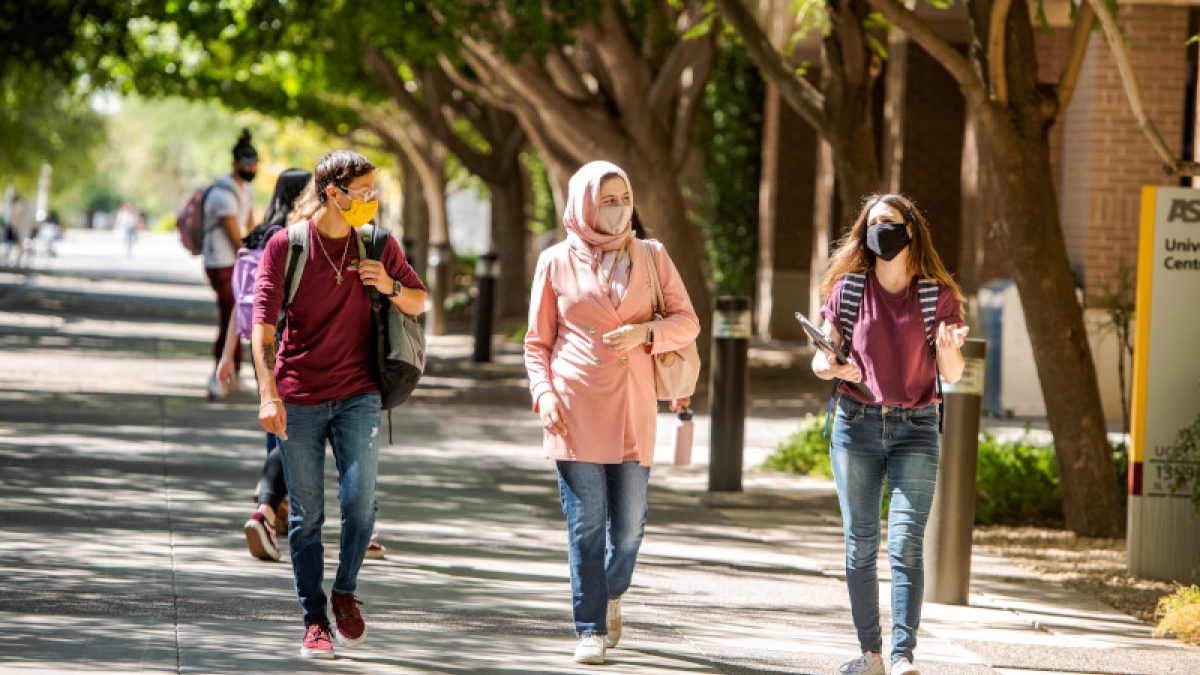The past year has brought on challenging new circumstances and called attention to existing social injustices. In response to these challenges, the Institute for Humanities Research at Arizona State University has funded and organized events, initiatives and projects that seek to build more just futures through humanities methodologies.
For example, the Scholarly Series on Hope and Empowerment, which took place in fall 2020 and is now available on the institute’s YouTube channel, amplified the voices of scholars whose work engages topics such as hope in Black social justice movements, the power of Indigenous storytelling and writing Asian American stories into the Western literary canon.
Additionally, the institute’s Health Humanities Initiative has risen to the challenges brought on by the COVID-19 pandemic to bring the humanities to the forefront of health care conversations.
“In the fall, we developed a successful and well-attended series of events bringing humanities scholars who had spent their careers working on the histories and representations of epidemics into discussions with ASU faculty about what their work revealed about the present crisis,” said Health Humanities Initiative Program Lead and Associate Professor of English Cora Fox.
This four-part series is just one example of the work the Health Humanities Initiative has done to give voice to the humanities during the current health crisis.
The institute also continues to offer funding for research, projects and fellowships that apply humanities work to address social challenges in the past, present and future. A recently awarded project titled “Mapping Black Ecologies” intercepts place, ecology and history in order to draw to light the ongoing realities of toxic stewardship and dominion and their impact on the health of rural Black communities.
These projects build on the institute’s fundamental value that the humanities must be at the center of understanding culture, society, economics, human nature, language and technology. They show how humanities work is essential to heal the wounds of the past and build humane communities in the future.
But there is still work to be done. The institute’s new direction is not just a reaction to a moment but a pillar for the future of humanities work.
The institute has several new projects in development, including a series of spring 2021 events on “Extraction, Disposability and Resistance” hosted by the institute’s Black Ecologies Initiative, new programming for the Scholarly Series on Hope and Empowerment and an “Epidemic Emergences: (Un)health and (In)justice” undergraduate course organized by the Health Humanities Initiative and Humanities Lab.
These projects, among many others, will continue to bolster the institute’s mission to build just, ethical and sustainable worlds with the humanities as the primary tool.
“We are very fortunate to have a team at the IHR that is committed to this belief that the humanities are valuable and necessary to make the world a better place,” said Lauren Whitby, senior marketing and communications specialist for the institute.
“In focusing our programming and communications on that belief, I’m hopeful that we will help give the humanities a louder voice in solving the problems that our communities face.”
More Health and medicine

Indigenous ASU research team recommends assistance for tribal members still reeling from COVID-19’s effects
When Matt Ignacio’s tribe, the Tohono O’odham Nation, donated $1 million to Arizona State University to support COVID-19 research…

Tips for staying hydrated during Pat's Run and other outdoor activities
By Aidan Hansen Staying hydrated and listening to your body during outdoor exercise activities is crucial to one's health and…

Fitness helped combat vet, ASU alum readjust to civilian life
By Aidan Hansen Army combat veteran and Arizona State University College of Health Solutions alumni Rich Mulder found fitness…
